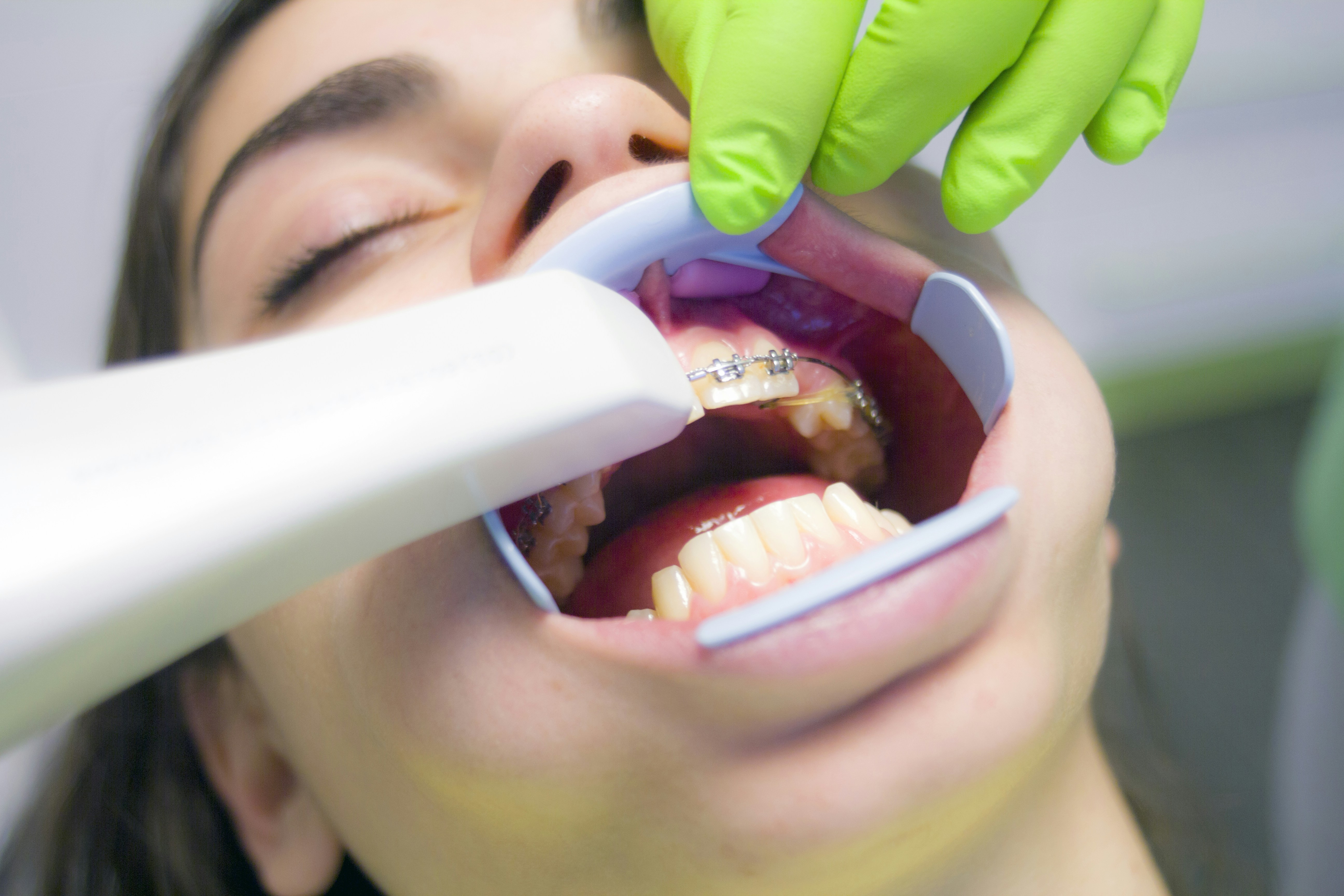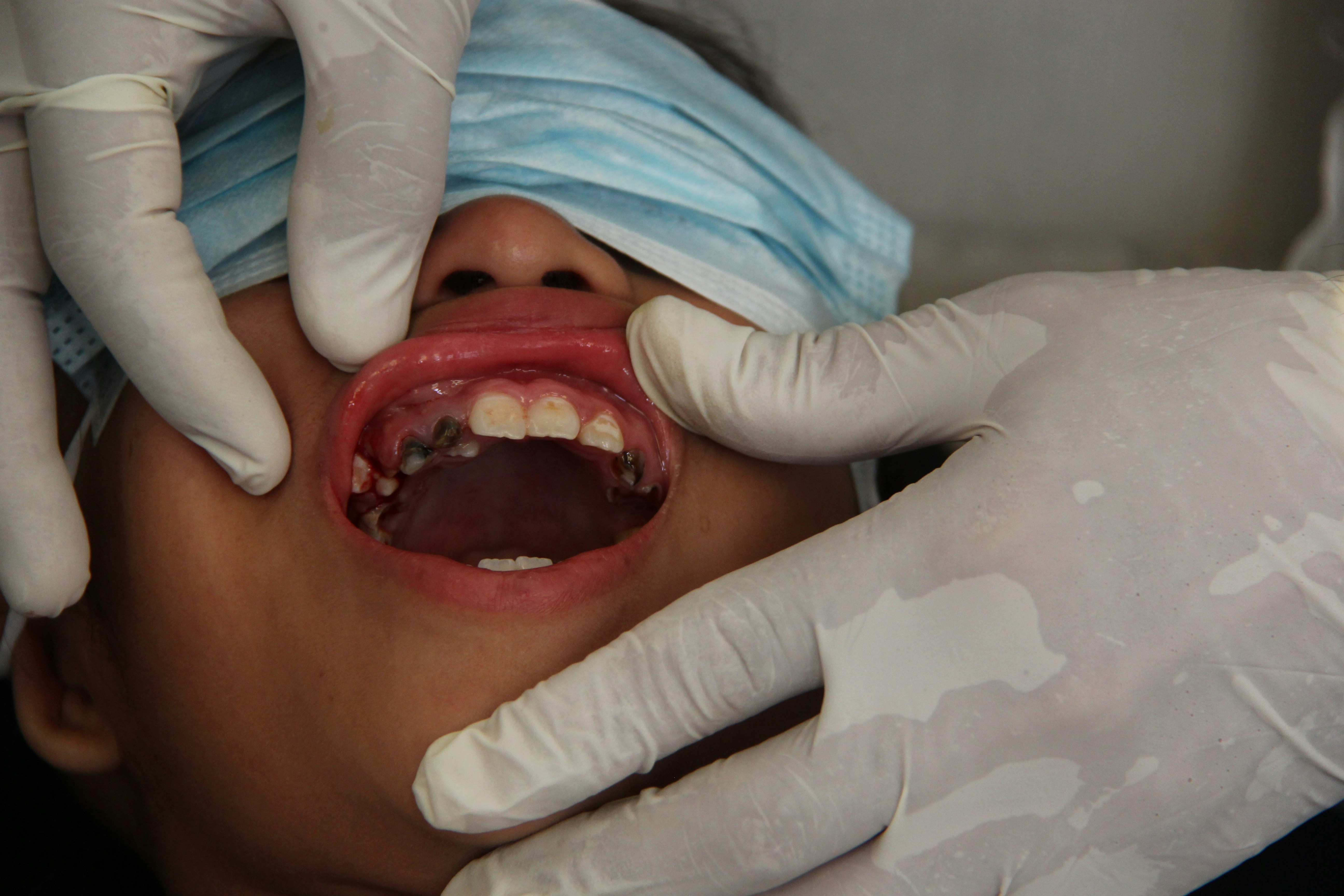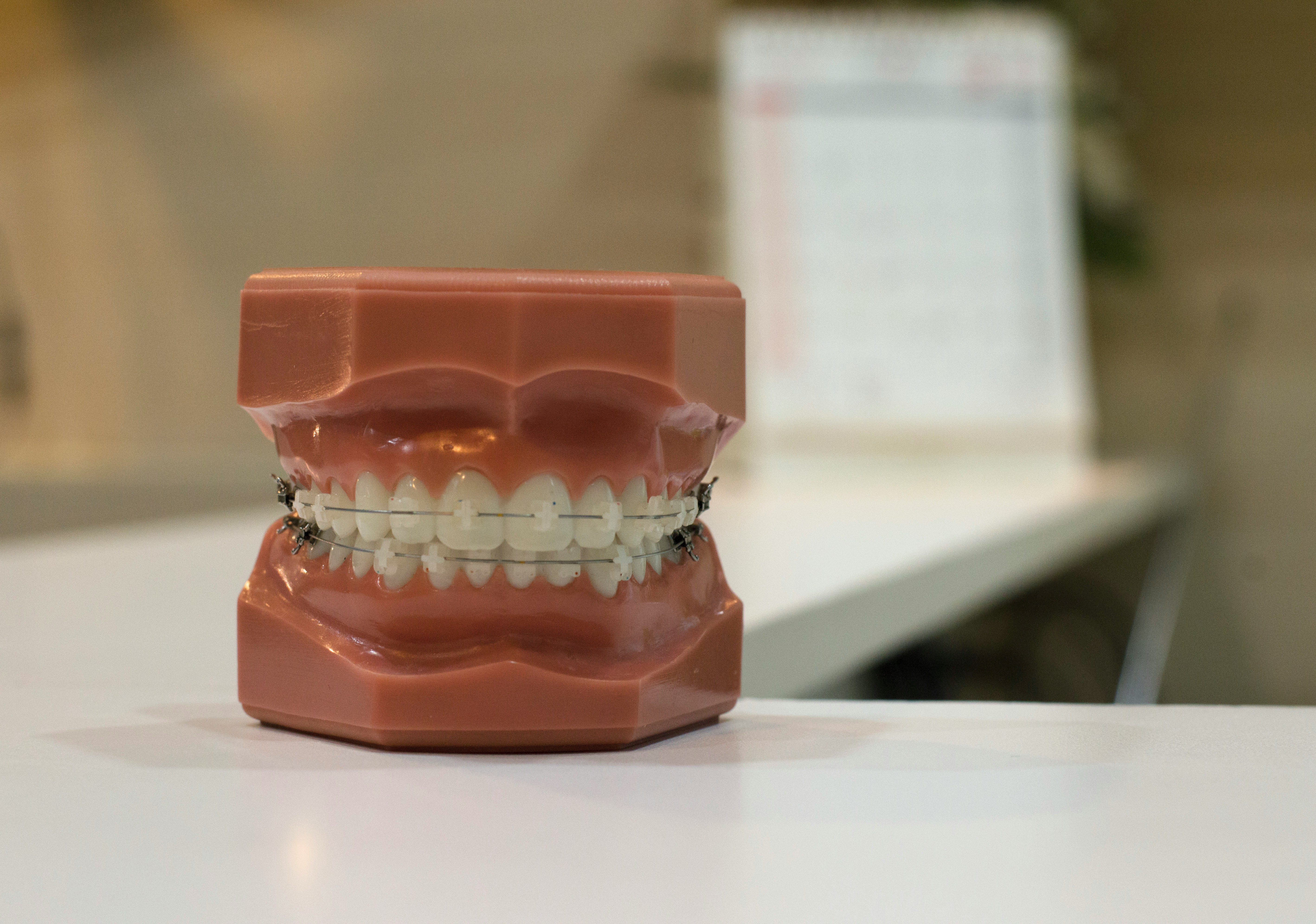Mouth Ulcers: Causes, Treatment, and Prevention
Mouth Ulcers: Causes, Treatment, and Prevention
Mouth ulcers, commonly known as canker sores, are small painful lesions that develop inside the mouth, on the gums, tongue, inner cheeks, or lips. While they are usually harmless and heal on their own, frequent or severe ulcers can disrupt eating, speaking, and overall comfort. Understanding their causes, treatment options, and preventive steps can help you manage them better.
What Are Mouth Ulcers?
Mouth ulcers are round or oval sores that often appear white, yellow, or red around the edges. They are not contagious but can be uncomfortable and indicate underlying health or lifestyle issues.
Common Causes of Mouth Ulcers
Several factors can trigger mouth ulcers:
- Minor Injury: Biting the inside of your cheek, braces, or ill-fitting dentures.
- Nutritional Deficiencies: Lack of vitamins B12, iron, or folic acid.
- Stress and Hormonal Changes: Physical or emotional stress may trigger ulcers.
- Food Sensitivities: Acidic foods like citrus, spicy items, or chocolate can aggravate them.
- Underlying Health Conditions: Autoimmune disorders, gastrointestinal issues, or infections.
- Poor Oral Hygiene: Not maintaining oral cleanliness increases risk.
Treatment Options for Mouth Ulcers
Most mouth ulcers heal within 1–2 weeks, but treatment can reduce discomfort and speed recovery:
- Topical Gels and Ointments: Provide relief from pain and irritation.
- Saltwater Rinse: Helps keep the area clean and reduces bacteria.
- Over-the-Counter Pain Relievers: Useful in severe cases.
- Avoid Irritating Foods: Steer clear of spicy, acidic, or sharp-edged foods.
- Professional Care: If ulcers last more than 2 weeks, recur often, or are unusually painful, consult a dentist for further diagnosis.
Preventing Mouth Ulcers
Simple habits can help reduce the chances of developing ulcers:
- Maintain good oral hygiene by brushing and flossing regularly.
- Eat a balanced diet rich in vitamins and minerals.
- Manage stress through relaxation techniques.
- Drink enough water to prevent dryness in the mouth.
- Avoid foods that have previously triggered ulcers.
- Ensure dental appliances like braces or dentures are properly fitted.
When to See a Dentist
Seek dental care if:
- Ulcers last longer than two weeks.
- You experience frequent or recurring ulcers.
- They are unusually large or spreading.
- You notice associated symptoms like fever, swollen lymph nodes, or fatigue.
Final Thoughts
Mouth ulcers are common but can cause significant discomfort if left untreated. Understanding their triggers and maintaining preventive habits can keep your oral health in check.
At Gargi’s Dental Care, Kolkata, our team provides effective diagnosis and treatment for recurrent mouth ulcers and ensures your oral health is always in safe hands. Book an appointment today for expert care and lasting relief.










